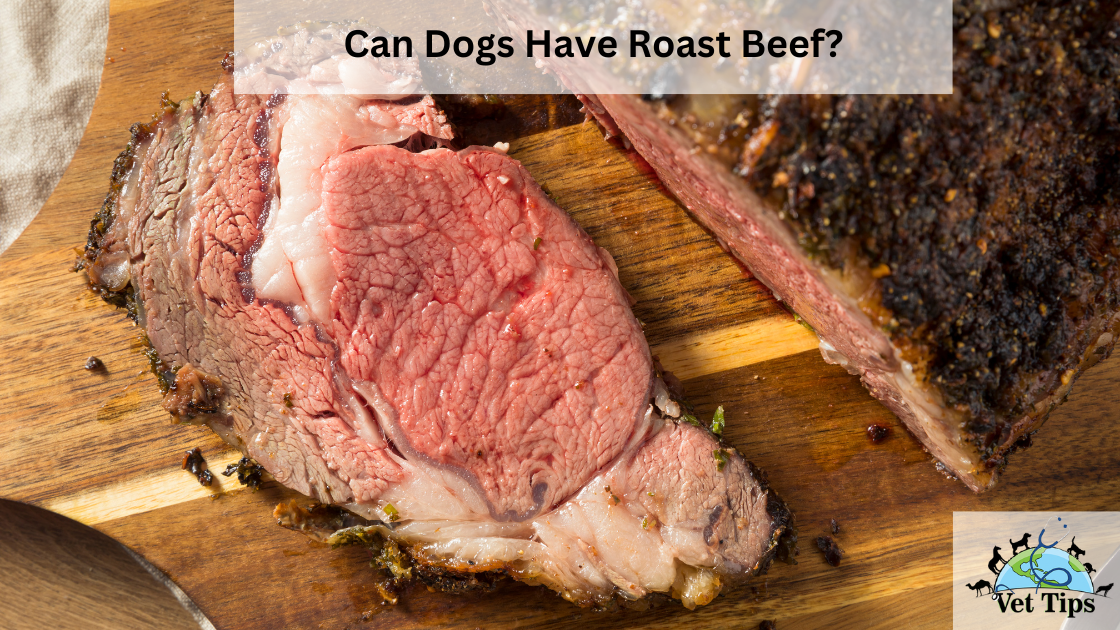“When To Give Digestive Enzymes For Dogs?” is the most common question asked by new pet enthusiasts. So, let us discuss everything about dog digestive enzymes and how you should give it to your pups.
When To Give Digestive Enzymes For Dogs?
Learning about the benefits of digestive enzymes for human health will likely convince you of their value for your canine pals as well. In the canine body, digestive enzymes play the same role as the human body: they are catalysts that speed up certain chemical reactions essential to life. They also play a crucial role in nutrient absorption. But you must give the digestive enzymes to dogs in an appropriate amount and at the proper time. So, let’s discuss when to give digestive enzymes to dogs.
Just before giving the dog the food, digestive enzymes should be mixed in. This promotes optimal digestion, helps with the development of new cells, supports the body’s immune system and detoxifies tissues at a molecular level
Improving gut problems like gas, diarrhoea, and constipation are just some of the additional advantages of supplementing your dog’s food with additional enzymes. This also results in improved vitamin and mineral absorption. Some dogs have reported fewer flare-ups of skin irritations and a decrease in the number of foods that they are sensitive to. It may even help minimize the amount of excessive shedding that occurs.
Plant enzymes, including protease, amylase, and lipase, are responsible for the digestion of food in the dog’s stomach’s acidic environment. Moving on, the alkaline condition of the small intestine is ideal for the pancreatic enzyme pancreatin to conduct its work, digesting food.
4 Main Types of Digestive Enzymes
The following are the primary digestive enzymes:
- Protease is an important digestive enzyme that plays a role in the hydrolysis of fundamental nutrients and the processing of protein (proteolysis)
- Amylase is an enzyme that assists in the digestion of starches and carbohydrates as well as the breakdown of vital nutrients (glycogen)
- Lipase is an enzyme that is helpful in the process of digesting fats and breaking down nutrients (lipids)
- Cellulase is an enzyme that is necessary for the breakdown of fiber (cellulose)
Conclusion
Because the synthesis of enzymes can slow down with age, your dog may be a suitable candidate for some enzymatic support as it gets older. Enzyme production might slow down over the years. It is possible that a deficiency in digestive enzymes might accelerate the onset of age-related illness as well as other reductions in quality of life.
Additionally, the digestive processes of both humans and dogs require digestive enzymes in order to function correctly. Even if your dog has not been identified as having a particular pancreatic ailment, you should always consult with your veterinarian regarding any queries regarding their diet to ensure that they are getting all of the enzyme-rich foods they require.
Tell us in the comments, how you like our article “When To Give Digestive Enzymes For Dogs?”
For similar posts like this, click here.
For the source file, click here.









One thought on “When To Give Digestive Enzymes For Dogs?”